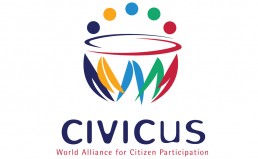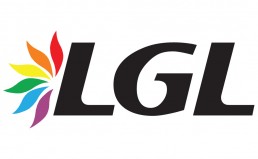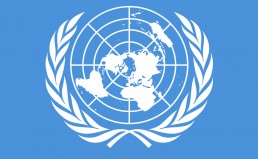A survey reaching around 180,000 gay men across Europe has revealed that less than a quarter of gay men in Lithuania are open about their sexuality, which is well under the European average of around 40%. The results of the survey were published on 27 August, and reported by delfi.lt. In total 595 gay men
Author Archive: Tomas
The Liberal and Centre Union, which is part of the ruling coalition, is against the legalisation of same-sex partnerships, reports delfi.lt. This statement was given by the Chairman of the Party Mr. Algis Čaplikas in a press release, stating that: “The Civil Partnership Legislation, prepared by the Ministry of Justice, does not concern homosexual persons
Two representatives from LGL participated in the ANSO (Association of Nordic and Pol-Balt LGBTQ Student Organizations) conference titled Queer Angle: A Look at Queer Society held in Reykjavik, Iceland 5–13 August 2012. During the conference participants had the chance to learn about and discuss varied topics such as sports, politics and pedagogy – all from

Vladimir Simonko, co-founder and chair of the Lithuanian Gay League (LGL) speaks to CIVICUS about the challenges the LGBT community faces in one of the most homophobic countries in Europe. In the 21-year history of Lithuania’s independence, we can say that the current parliament is the worst one on LGBT issues because it has proposed

The study session “Gender Equality through Human Rights Education and Youth Leadership” organised jointly by IGLYO, Loesje Armenia, ISCA and CID in cooperation with the Directorate of Youth and Sport of the Council of Europe was held 21-28 July in Budapest. The study session gathered together thirty young participants from across Europe, including a representative
In its concluding observations adopted at its review of Lithuania held on 9–27 of July, the United Nations Human Rights Committee makes recommendations on human rights in Lithuania. In this report the Committee expresses concern over discrimination against LGBT and Roma people, domestic violence, and alleged secret detention centres. The Committee is concerned over the

In July LGL became a member of the European Pride Organizers Association (EPOA) , which is a network of European LGBT Pride organizations. EPOA was founded in 1992 and it holds the rights to the title of EuroPride. The organization aims to promote lesbian, gay, bisexual and transgender Pride on a pan-European level and to
The Lithuanian Ministry of Justice has proposed that persons who have undergone gender reassignment surgery be issued with new identity documents upon presentation of a medical statement without the need to apply for such documents through the court. At the same time it proposes that gender reassignment surgery shall not be regulated by a separate

Geneva 11 July 2012. The United Nations Human Rights Committee finalized the examination of the 3rd periodic report of Lithuania, which took place on 10 and 11 July 2012 in Geneva. Today, the Human Rights Committee acknowledged the productive and open dialogue exchanged with the State delegation of Lithuania throughout the review, but also expressed
The ICJ and ILGA-Europe are extremely alarmed by the recent trend in laws prohibiting “homosexual propaganda.” Laws banning “homosexual propaganda” have been adopted in five regions in the Russian Federation, including St. Petersburg, and are currently being considered at the national level. In addition, similar proposals have been introduced in Ukraine, Moldova, Lithuania, and Hungary.
